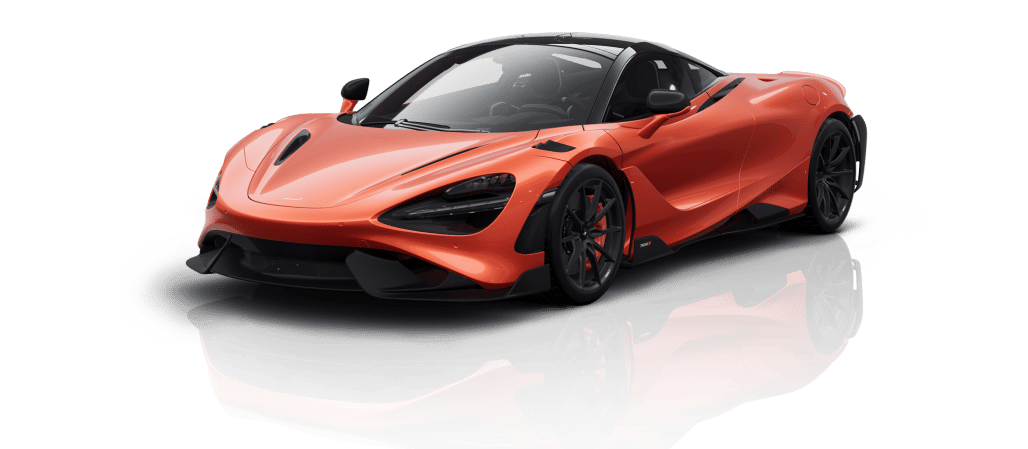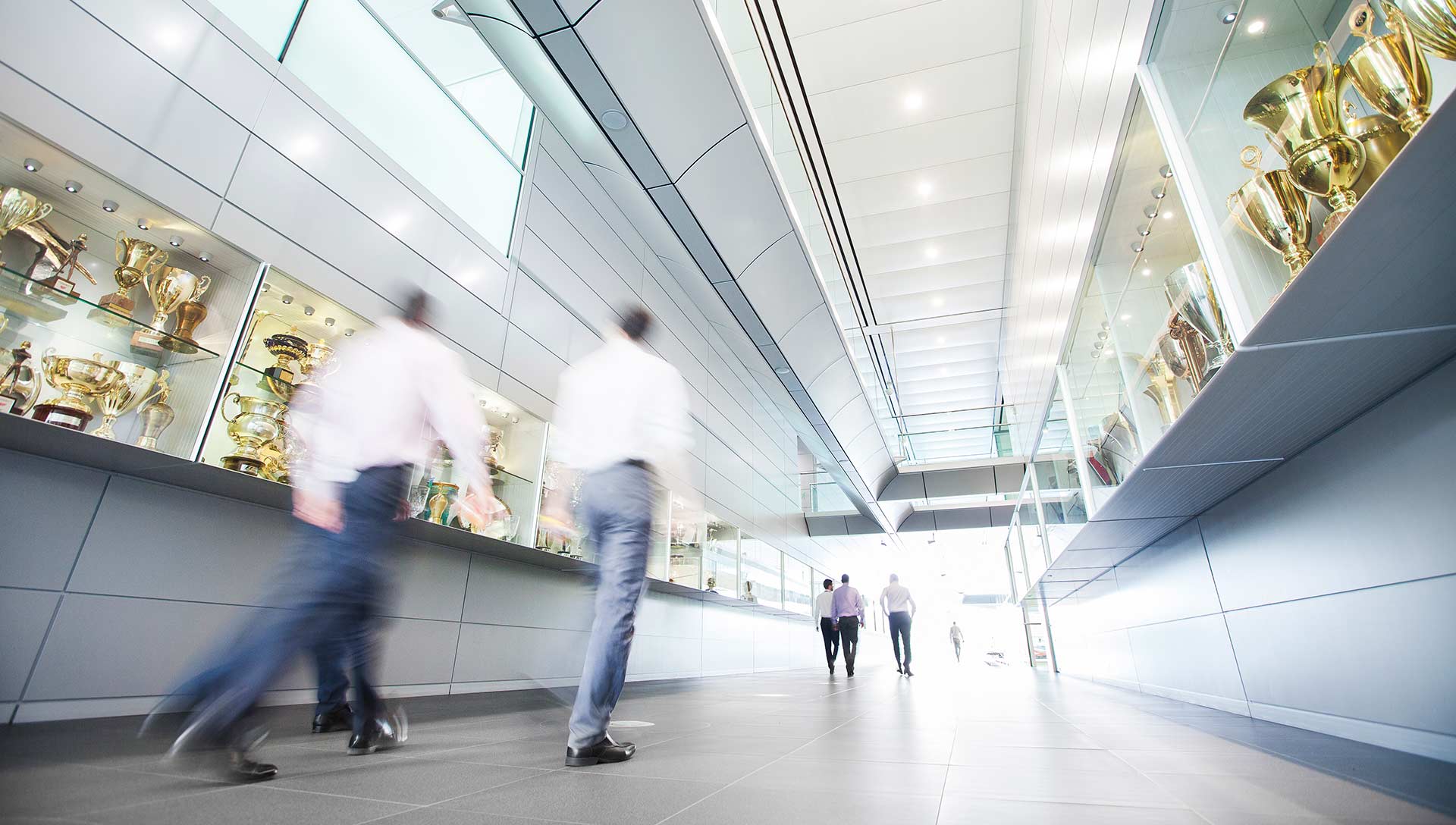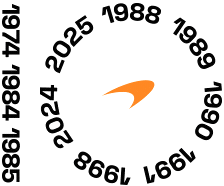
Welcome to the night shift, where car build never stops
The MTC Is a 24-hour operation: here's how it functions and why it's pivotal to our F1 car build
It's nearing 20:00 on a Tuesday. Machines are still in full swing, and the shop floor is a hive of activity, there's no sign of anyone slowing down anytime soon. With team launch imminent, you'd assume they're nearing the end of their shifts, but you'd be wrong.
This is the night shift, and their days have only just started.
If you work in an office or a factory, then it's likely that during winter, you've endured the strange sensation of both heading into the office and returning home in darkness, so having to do that permanently, with your entire shift taking place at night, must take some adjustment.
We've based ourselves in the machine shop for the evening, where they're currently manufacturing metallic parts for the new car. The focus, as always, is to build parts that add performance and cut down costs. Steve Clarke manages the day shift, and Dave Tilby, the night shift.
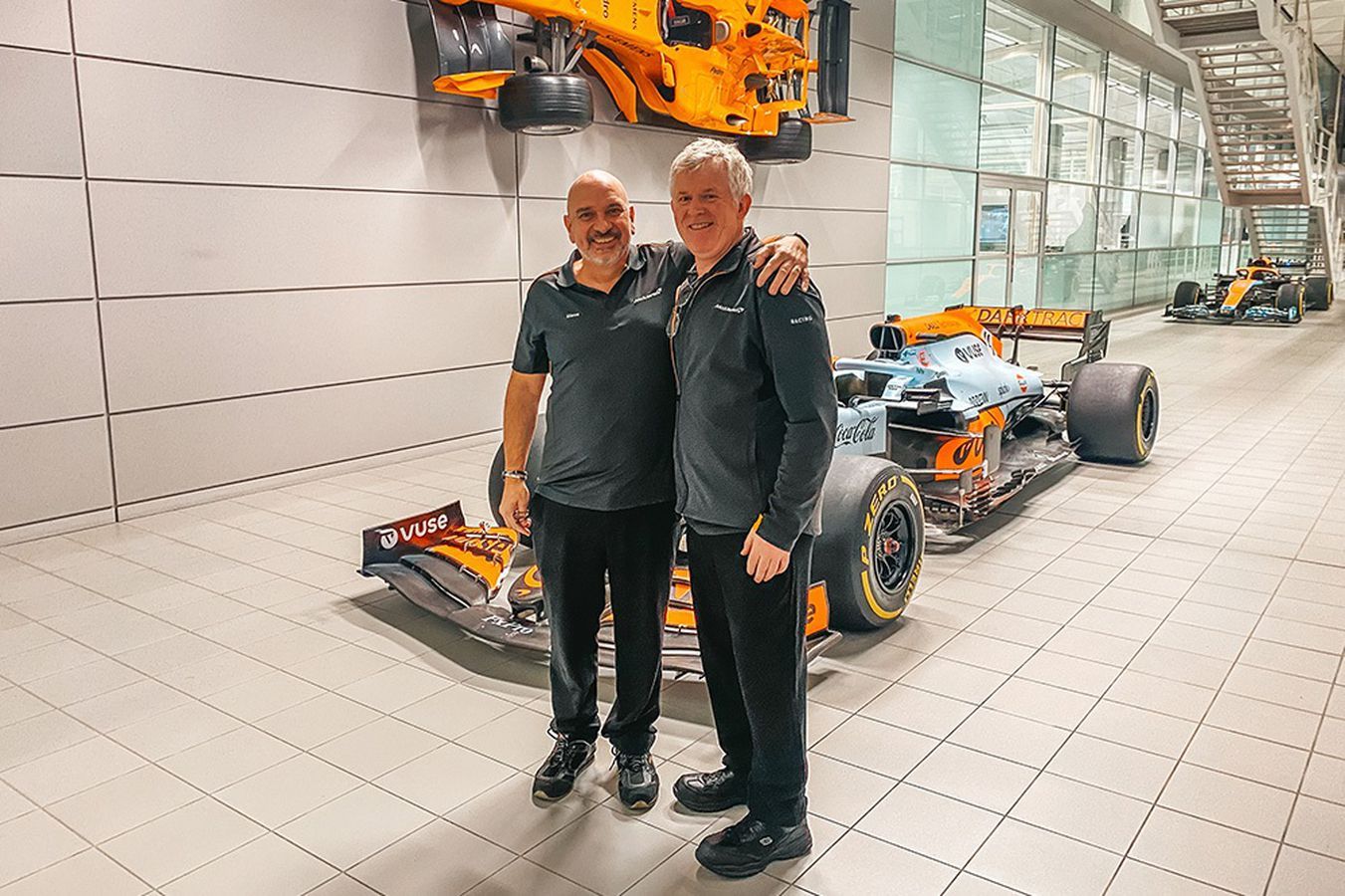
"We need 24-hour production," says Dave. "Especially with the budget cap - we need every minute that is going, and the nightshift does exactly that, giving us the full 24 hours of the day. We have a shift system, and there are four different shifts: two day shifts, and two night shifts.
"When I first started, the place wasn't as bright inside as it is now. The walls were mainly white or grey, and there wasn't much on them, whereas now you've got photographs everywhere, and many of the walls have colour or images printed onto them, which makes a big difference. It lightens things up and helps a lot."
The team are accustomed to it by now. Dave and Steve have nearly 40 years of experience at McLaren between them. Although, their days only overlap long enough to hold a walkaround of the shop floor, where they will catch up, exchange notes and delegate the evening's responsibilities.
"We do the same jobs as the day shift," Dave continues. "The difference is that we do it at night-time. We take over at the end of their working day and continue with what they have been doing. It's important to know what they've done and where they are at. No matter what shifts you're on, if you've got a problem, we will all help each other out and work together."
"Each machine has its own queue," Steve picks up. "This queue lets us know what is currently being worked on and when the deadline for that part is. You never get to the end of the queue, it's a constant stream that is updated regularly and doesn't stop – that is why the handover is important. It is also what I love about this job: every day is different, every day is a new challenge."
Steve is nearing the end of his shift – the latest part to be completed is a wheel nut, which took five hours. His team have their own internal and personal deadlines, which are followed by the upcoming deadlines of pre-season testing and Round 1.
"We started making parts for the 2023 car in November," Steve continues. "These are the parts we know aren't changing, and then we've been working on the new parts more recently, with more to still come. We will be manic now until the first race. Following on from that, we will be making spares and then working towards upgrades."
Contact at the office between Dave and Steve is limited, with one starting as the other finishes. Communication is key, and so it's certainly helpful that their relationship stretches so far back. It's about the quality of what they say to each other, not the quantity, and that is why the two teams work together so seamlessly.
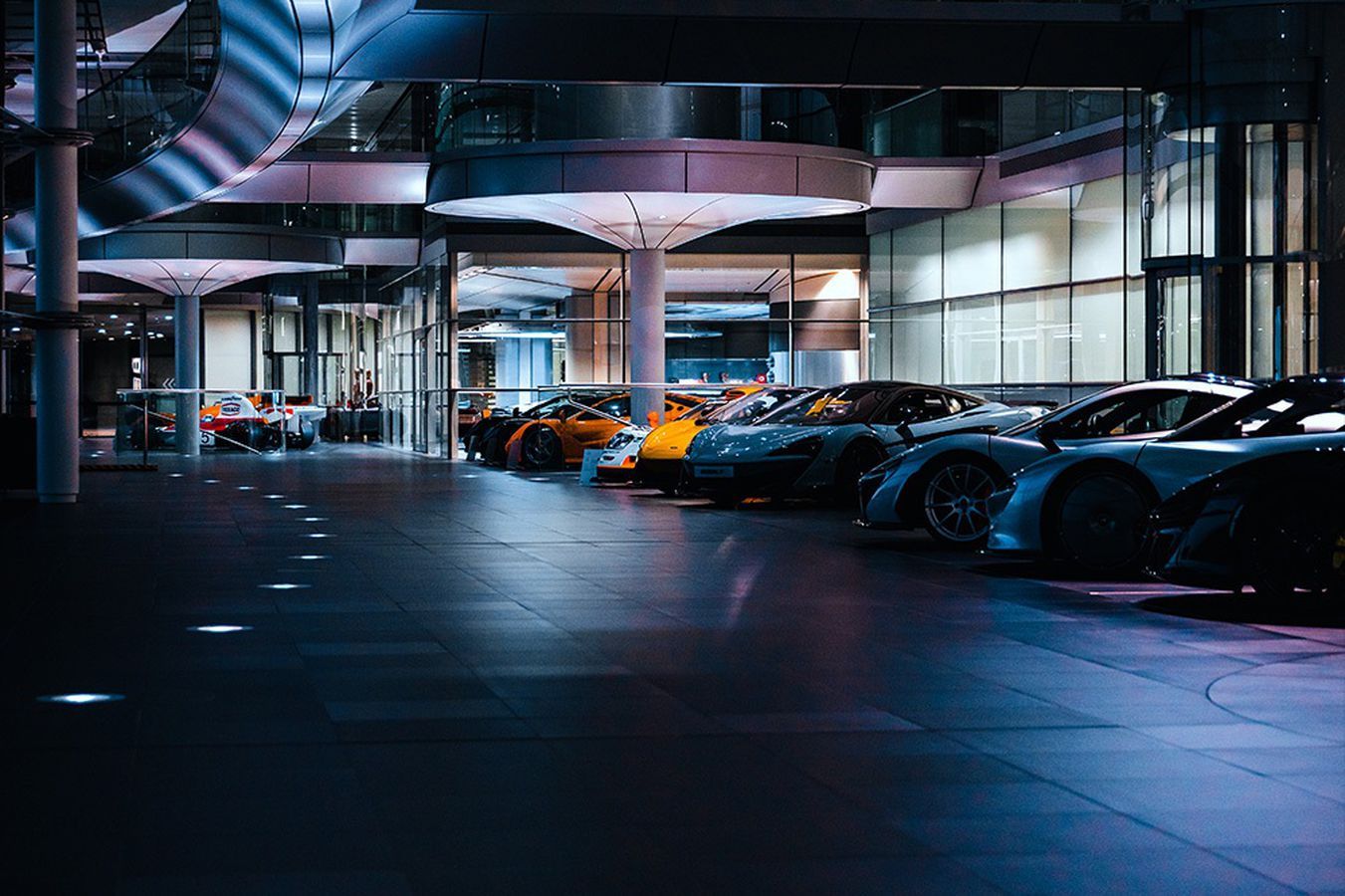
"Anything we can't get done, the night shift needs to do," says Steve as he prepares to head home. "If I've been briefed on work, and we haven’t completed it during the day, then I need to properly pass that brief on to Dave and his team, which is why communication is so important. We've got a great partnership."
Dave adds: "We are pretty good friends. We've been out on our motorbikes together, we've been away together to the Nürburgring, and we've socialised outside of work, and that helps. I think it is important that we understand each other and know each other well."
Despite the late hours, nightshifts can actually prove to be more productive, with fewer meetings and emails to distract from the job. Working overnight isn't for everyone, though, as Dave explains.
"It needs to be in your personality," he says. "Some people are suited to working nights, they might prefer the lack of interceptions from emails or meetings, and if you're a night owl, then staying awake isn't a problem. I don't think just anyone could do it, though, and you've probably got to pace yourself at first, to adjust.
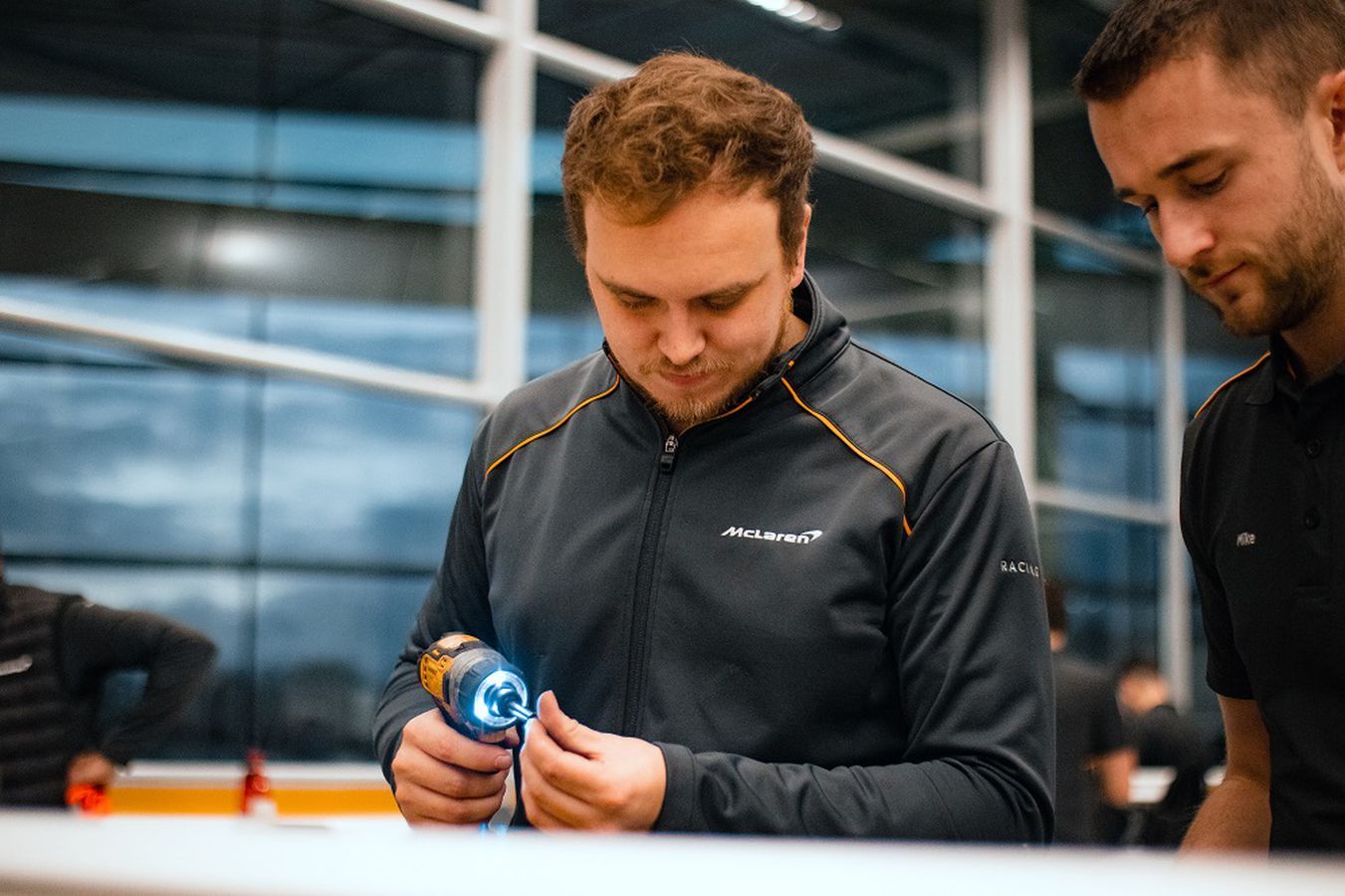
"It's good in that we can work right through, and there isn't as much stopping and starting, but then are fewer of us, probably around half as many as the day shift."
With that, the pair shake hands and part ways. Steve grabs his coat and leaves the factory along with his team, whilst Dave heads off to speak to his team and set them up for the upcoming shift.




Searching for... 24 Hours Inside an F1 Team
In partnership with Google
All fired up: The countdown to team launch
Jonathan Brookes discusses the first fire up of 2023 and the progress of car build
10 reasons to be excited for 2023
New drivers, new Team Principals, and new adventures, here's why 2023 will be unmissable
Quiz: Can you remember our biggest team launch moments?
McLaren Racing quiz: Can you remember our biggest team launch moments?
Join the team
McLaren Plus is our free-to-join fan loyalty programme, bringing McLaren fans closer to the team with the most inclusive, rewarding and open-to-all fan programmes in F1 & esports.
Sign up now, or current members can amend their details in the form below if necessary.

